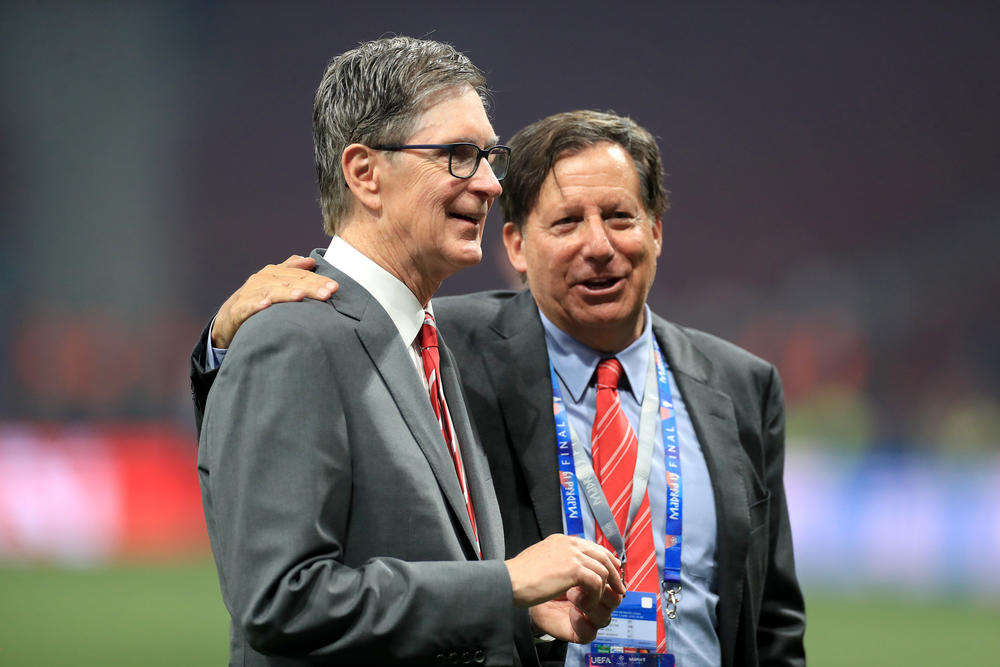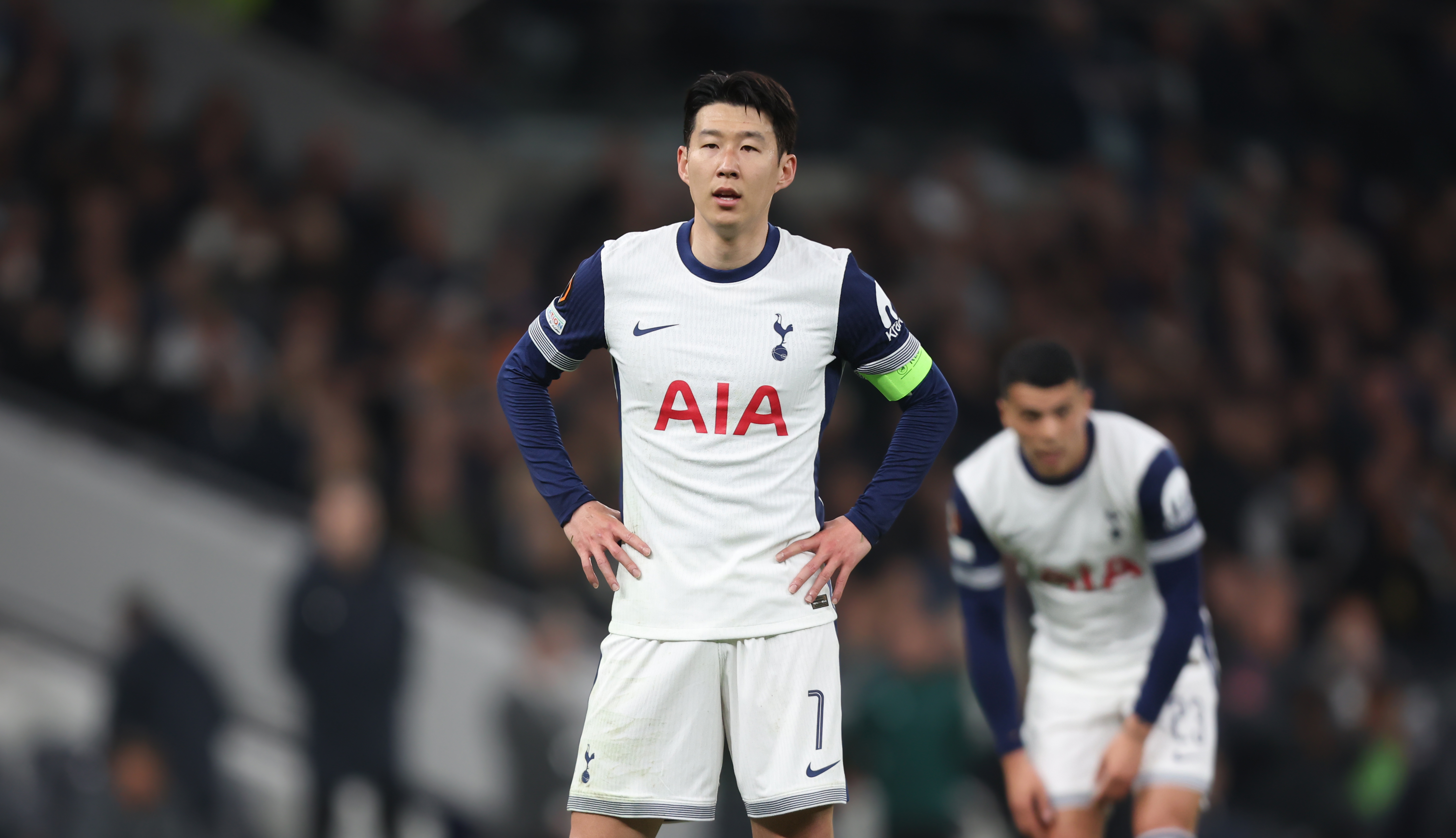Peter Moore: FSG are focused on giving back to the city of Liverpool

Liverpool’s American owners Fenway Sports Group feel a responsibility to support the local community, according to chief executive Peter Moore.
When John W Henry, Tom Werner, Mike Gordon and their FSG partners bought the club for £300million exactly nine years ago there was a concern from the fanbase they would be another example of at-arm’s-reach owners.
While Henry and chairman Werner remain infrequent visitors to Anfield, the ethos they have instilled at the club has seen a vast array of projects established for people who grew up and live within the shadow of the ground.
The Red Neighbours programme has impacted 20,000 people in the L4, L5 and L6 postcodes in terms of foodbanks, helping with social isolation and providing matchday tickets for youngsters, while 28,000 members of the community have benefited from LFC Foundation programmes, particularly local football-based initiatives.
“I absolutely see us as a family,” Moore exclusively told the PA news agency. “Yes, we play football and that is the crescendo of what that family is all about but it doesn’t stop when the final whistle goes at Anfield.
“Seven days a week we are part of this city and the ownership has a particular focus in giving back to this city.
“The growth of this magnificent city is important and I take my civic responsibilities equally importantly as I do my football responsibilities.
Get FourFourTwo Newsletter
The best features, fun and footballing quizzes, straight to your inbox every week.
“It is our job not only to win football matches but to make people’s lives better.”
While Liverpool have established themselves as a global brand, Moore is keen to keep his finger on the pulse of the local fanbase.
That was highlighted when he went to the aid of a fan injured in an attack in Naples before last month’s Champions League match in Italy.
“Steven Allen is one of our own, he follows the club everywhere,” added Moore.
“We got wind of Steven, who was (the subject) of a cowardly attack of being hit in the back of the head with a belt buckle.
“That, if you know the history of what has happened with this football club a couple of years ago (a reference to Irishman Sean Cox, who was seriously injured after an attack by Roma fans at Anfield in April 2018), that raises alarm bells.
“We were hearing Steven was in hospital on his own because he had collapsed during the game and that was a concern.
“We grabbed a car and found Steven stuck in the corner of a waiting room and had been there for four hours without receiving any treatment whatsoever.
“We managed to get Steven seen straight away and the hospital and police were very co-operative.
“It was only when he got home we felt comfortable. He is one of our own, he is family, and if it takes all of us piling into a van and driving to the hospital to make sure he got taken care of then that’s what we will do.”
Moore makes himself accessible to supporters via social media and while that has led to some difficult situations, particularly in relation to the club’s failed attempt to trademark the word Liverpool for footballing purposes, he insists it is worth it.
“You owe people answers, you can’t always provide the answers they are looking for but you owe engagement,” he said.
“If I get some abuse as a result of it then so be it but the benefit of being able to explain situations, particularly ones which are controversial at times, to push information as quickly as you possibly can, outweighs the negatives of the abuse you sometimes get.
“That is the nature of what we need to be as a modern football club, accountable to our supporters.”
FourFourTwo was launched in 1994 on the back of a World Cup that England hadn’t even qualified for. It was an act of madness… but it somehow worked out. Our mission is to offer our intelligent, international audience access to the game’s biggest names, insightful analysis... and a bit of a giggle. We unashamedly love this game and we hope that our coverage reflects that.

